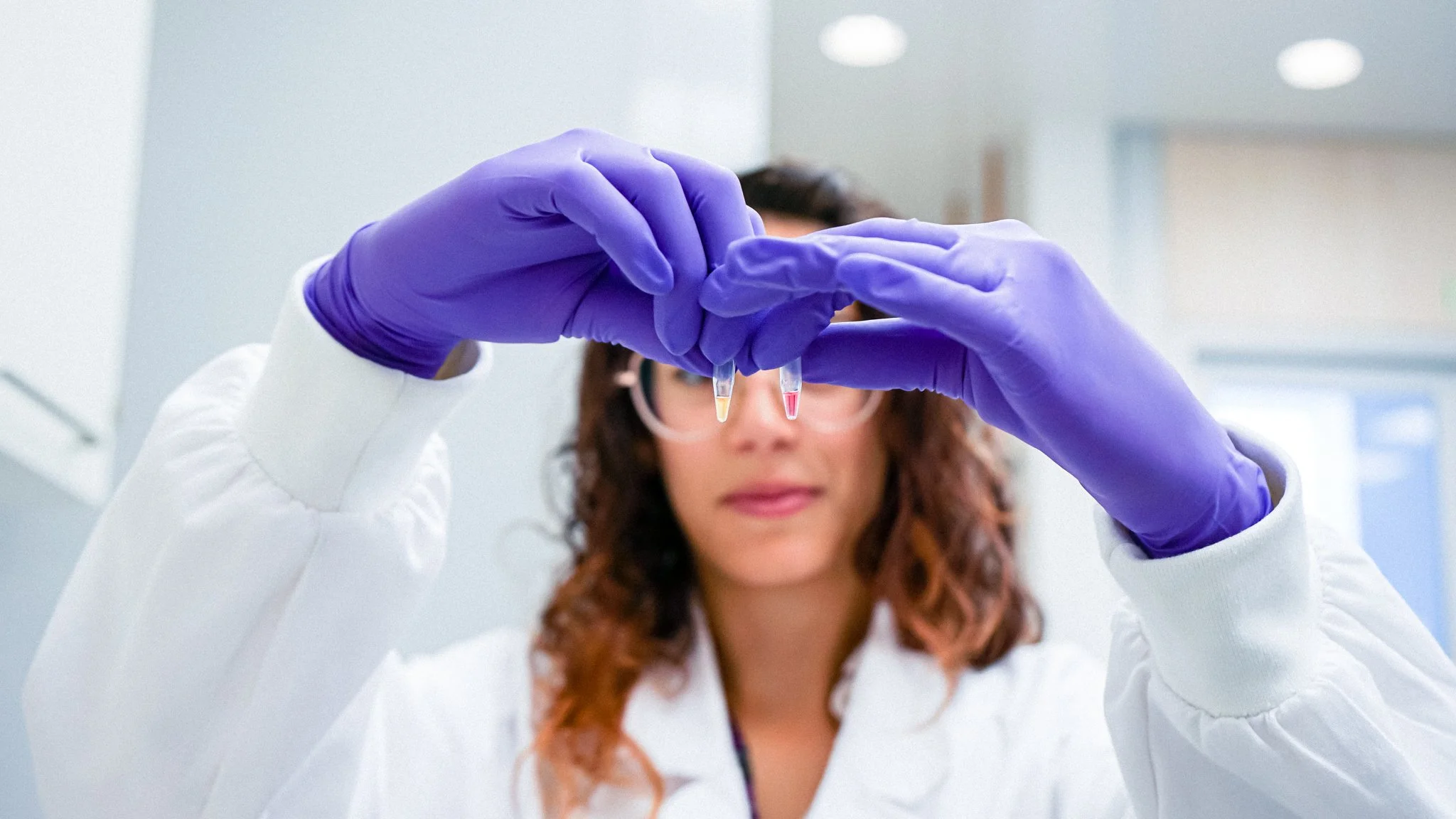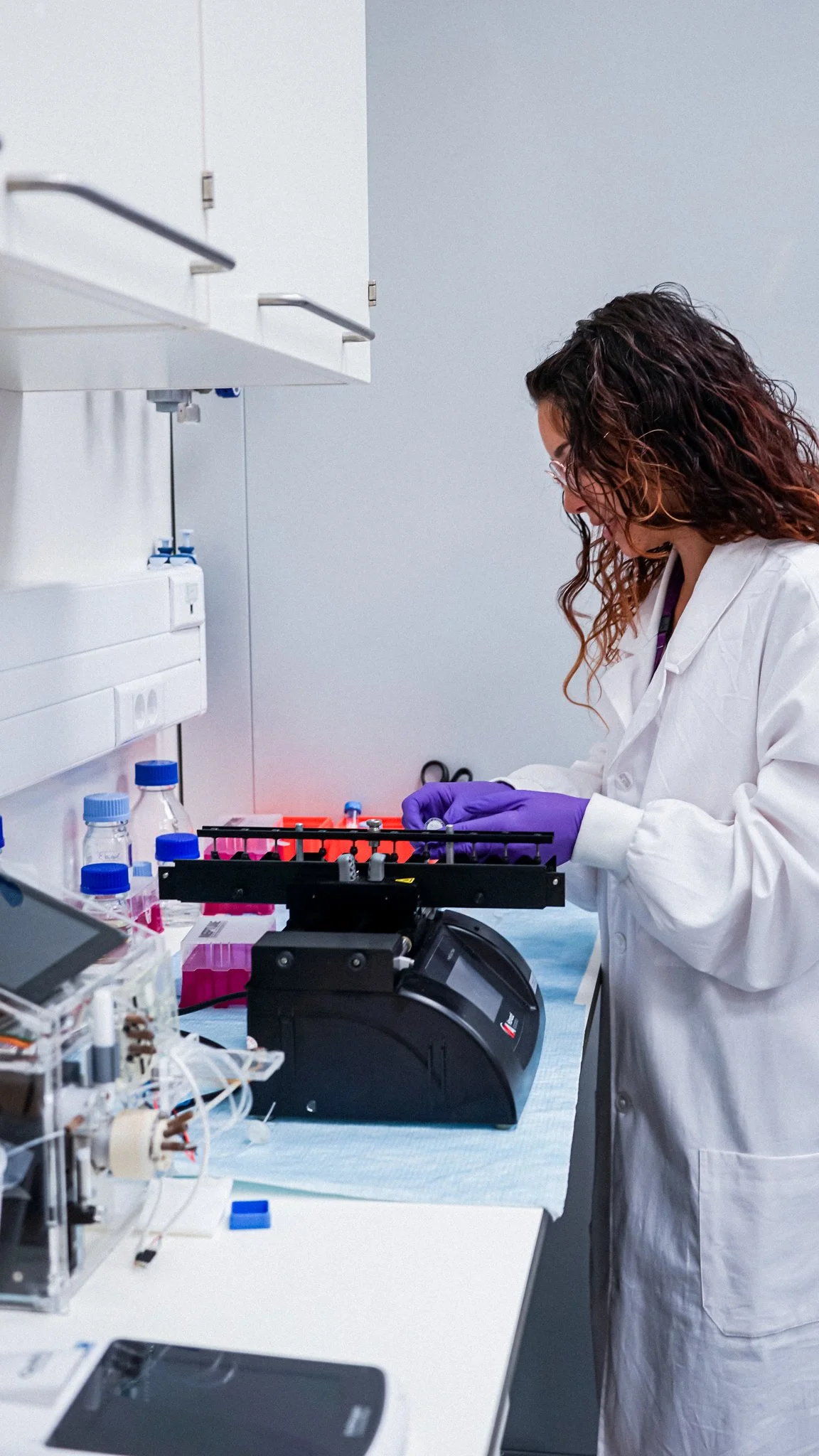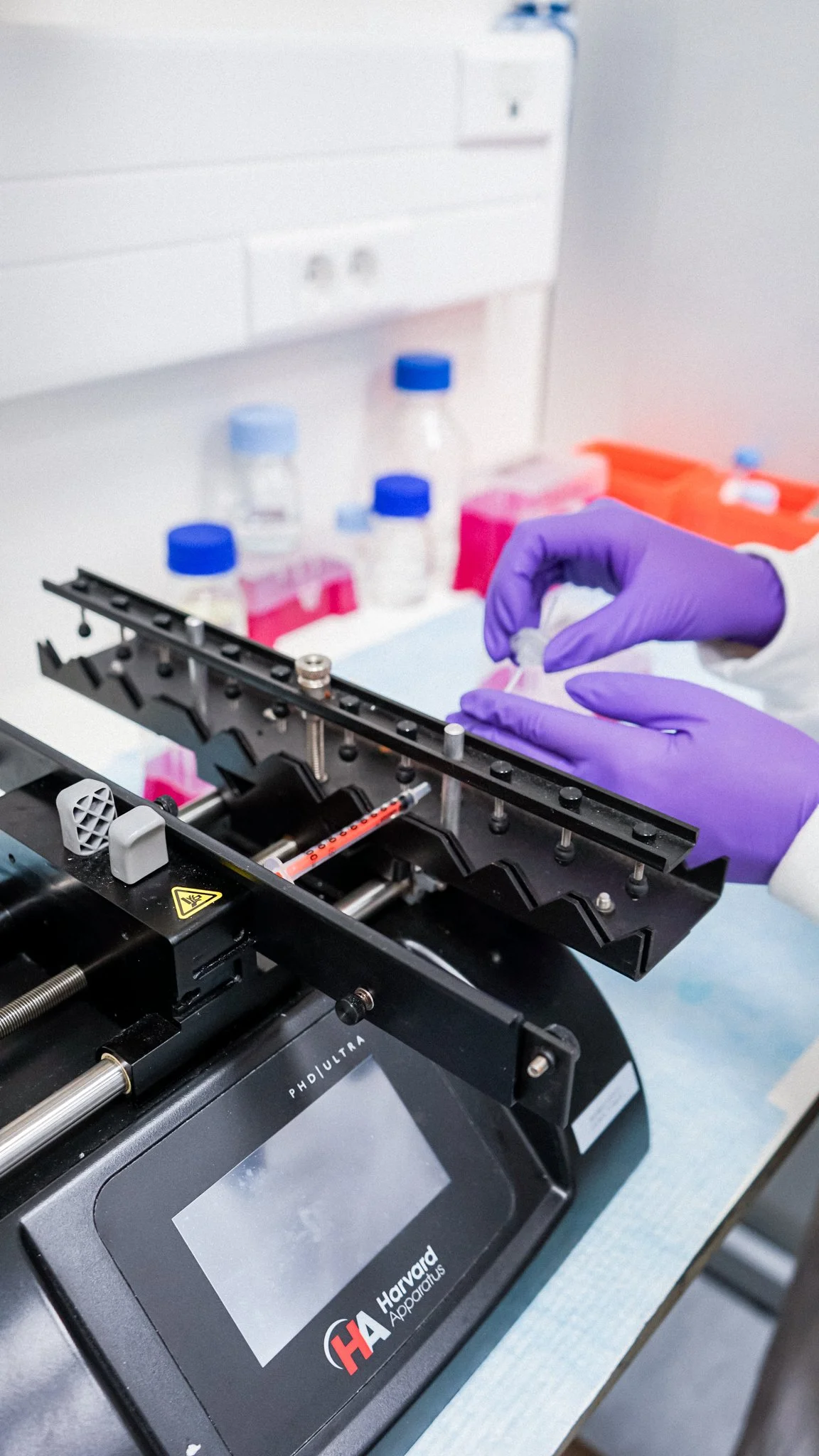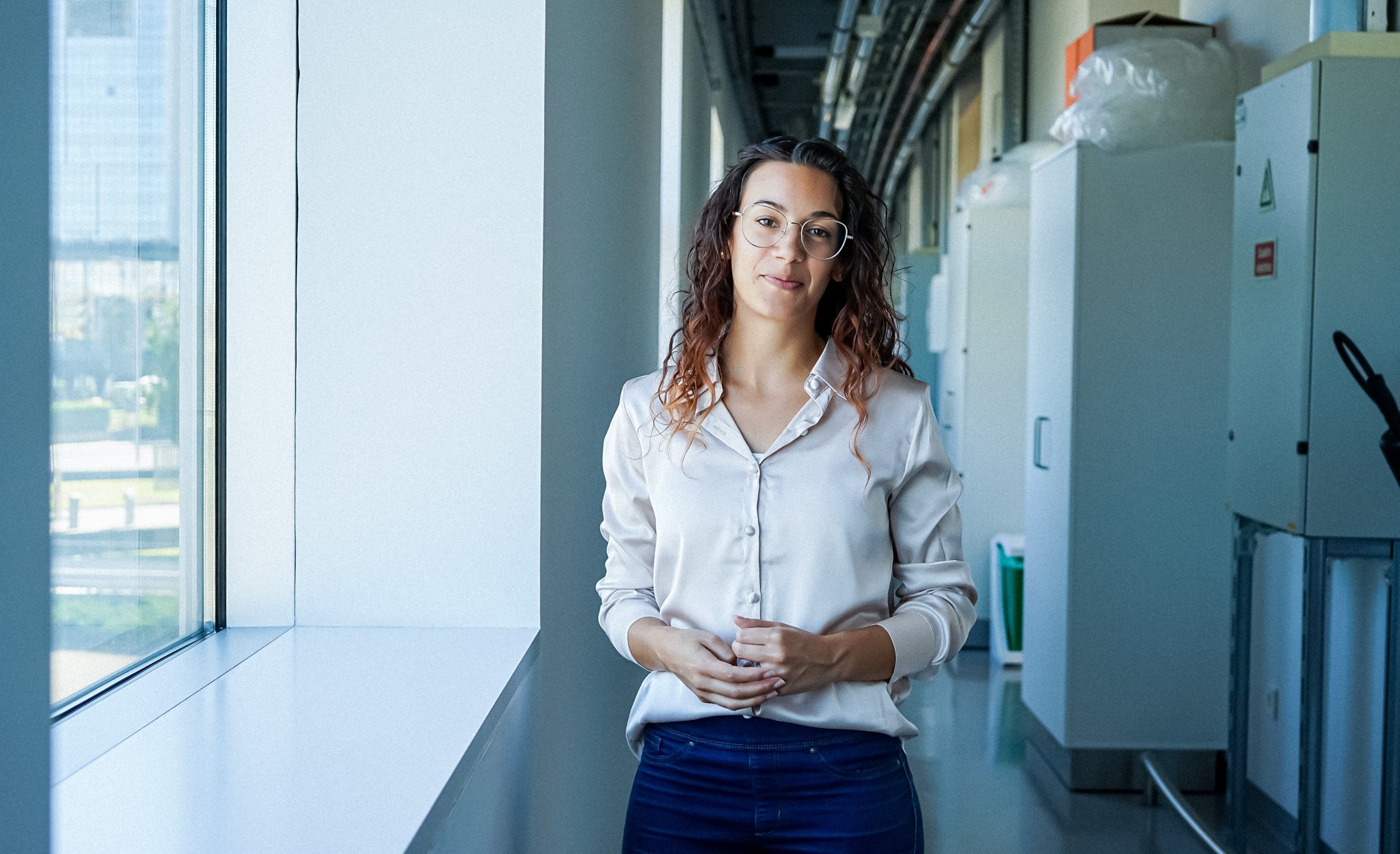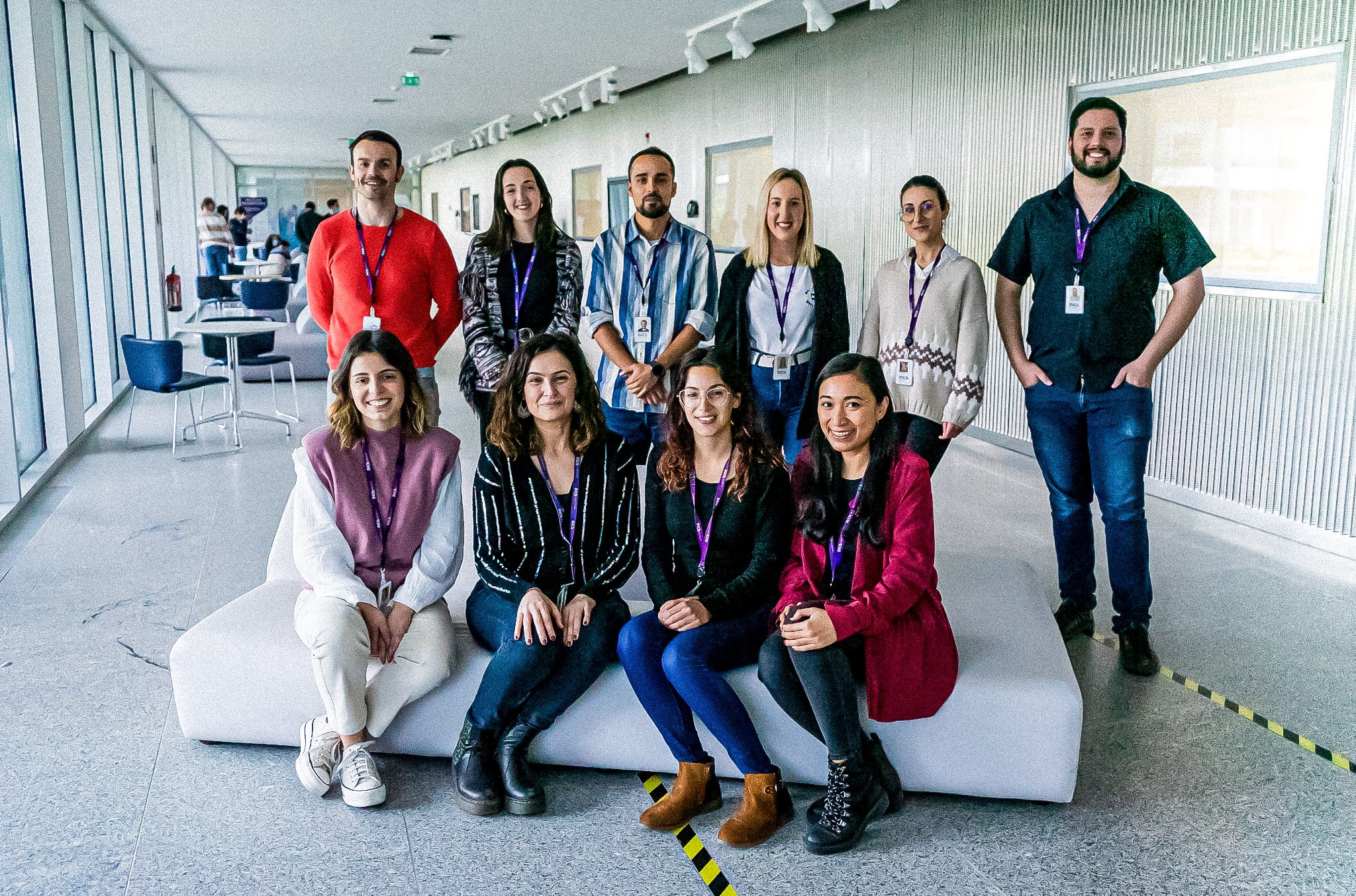
Meet Sarah Azinheiro, granted AOAC INTERNATIONAL/Eurofins Foundation “Testing for Life” Student Award
September 1, 2022
Meet Sarah Azinheiro, PhD at the INL – International Iberian Nanotechnology Laboratory as an FCT Research Fellow in the Food Quality and Safety Research Group. Sarah won the “Testing for Life” Student Award from the AOAC/Eurofins Foundation and she is involved in several projects related to the development of innovative and faster detection methods for pathogenic microorganisms and allergens, based on DNA analysis.
Her background is focused on genetic and molecular biology research in different areas, from plant biology to microorganism studies, where she has been taking part in several research groups. Sarah’s been increasingly requested to teach in health, microbiology and biotech areas.
Congratulations on the AOAC INTERNATIONAL/EurofinsFoundation “Testing for Life” Student Award. Can you tell us about your path at INL and the importance of this award in your career?
I started at INL by participating in the 2015 summer internship initiative. A few months later the opportunity arose and I got accepted as a research laboratory assistant in the Food Quality and Safety group, by 2017 I got into a PhD program in Santiago de Compostela and by 2018 I was awarded an FCT scholarship to support the development of my project at INL.
The “Testing for Life” Student Award, supported by contributions from the Eurofins Foundation, is designed to encourage student researchers to advance basic or applied science in analytical or molecular testing for food safety, food security, food defence, food authenticity, or health and environmental protection.
The “Testing for Life” Student Award means my research and academic performance have been acknowledged. It’s proof that I am on the right path and that in Portugal you can also do research of international quality.
Why did you decide to take a PhD on “Fast, Affordable and multiplexed foodborne pathogen detection on miniaturised devices”?
Being involved in the different projects held at INL, and seeing the possibilities of the miniaturised devices for various applications, I’ve felt the need for simpler, faster and more sensitive detection of pathogens in the food industry. This desire and need meant a new opportunity and a new focus on my passion for microbiology and molecular biology techniques in specific applications.
How would you explain the importance of your work area to a non-scientific person?
Despite the effort to ensure the safety of food products the outbreaks persist, the World Health Organization (WHO) state that nearly 1 in 10 people around the world falls ill after eating contaminated food, each year. The actual pressure in the food system made the products to reach the consumer increasingly faster, giving a short time to analyse the food to ensure its safety. Because of this the analysis for the detection of pathogens need to be improve as is still can take 1 week to have the results, which is not suitable with the intense food production of nowadays.
The automation in miniaturised devices can help to make the analysis less laborious and without the need of specialised personal, laboratories and even allow to reduce the cost of the analysis by using smaller volumes.
What inspires you about science and how can you inspire future students to follow this path?
To be a scientist is to be always looking for the latest developments and answers on the field you’re most passionate about. Not only do I, as scientist, can see the future of my field, but I’m also contributing to improving it, leaving my mark in the world.
How many professions do you know that can say the same?
